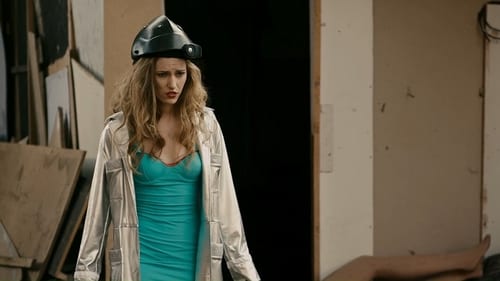
The year 2050 the planet has become overpopulated, to help control population the government develops a race. The Death Race. Annually competitors race across the country scoring points for killing people with their vehicles.
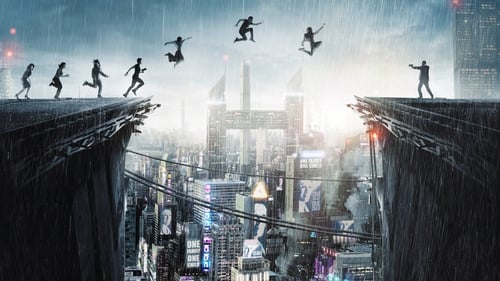
近未来。人口の増加と飢饉によって深刻な食糧難となり、世界の国々は厳格な一人っ子政策を行っていた。そんな状況下で、セットマン家の七つ子姉妹は、祖父によって各曜日の名前を付けられ、それぞれ週に1日ずつ外出し、共通の人格を演じることで当局の監視の目を逃れてきた。ある日マンデーが帰宅しなかったことから、姉妹の日常は狂い始める。
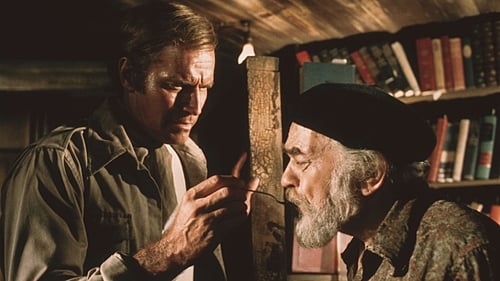
2022年、今から約50年後のニューヨークには人口が膨大したことによって食糧難が起こっていた。人々は1週間に1度、政府が配給する「ソイレント・グリーン」と呼ばれるウェーフェース状の食料で命を継いでいたが・・・。
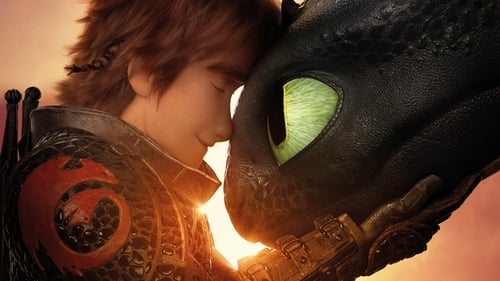
敵対していたドラゴンと人間は、臆病者のバイキングの少年ヒックと傷を負ったドラゴンのトゥースの奮闘により共に生きる道を選ぶ。彼らはバーク島で平和に過ごしていたが、ドラゴンが増え過ぎて島がパンク状態になる。今は亡き父の後継者となり、若きリーダーに育ったヒックは島を出てドラゴンたちと新しい世界を探すことを決意する。
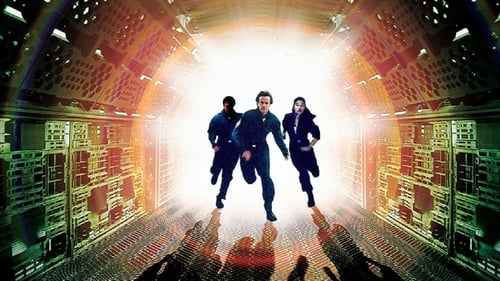
7 years on from the original Fortress movie, Brennick and his family are still on the run. Finally, they give in, and surrender, only to find themselves imprisoned in a new, more sophisticated fortress prison in outer space. But Brennick's not a man to give in easily, and with a 10 year old son waiting for him back on earth, he's going to pack some serious assault on the evil corporation.

Ren Amari is the driven inventor of a revolutionary new drug. OtherLife expands the brain's sense of time and creates virtual reality directly in the user's mind. With OtherLife, mere seconds in real life feel like hours or days of exciting adventures. As Ren and her colleagues race around the clock to launch OtherLife, the government muscles in to use the drugs as a radical solution to prison overcrowding. They will create virtual cells where criminals serve long sentences in just minutes of real time. When Ren resists, she finds herself an unwilling guinea pig trapped in a prison cell in her mind. She must escape before she descends into madness, and then regain control of OtherLife before others suffer the same fate.

Humanity’s ascent is often measured by the speed of progress. But what if progress is actually spiraling us downwards, towards collapse? Ronald Wright, whose best-seller, “A Short History Of Progress” inspired “Surviving Progress”, shows how past civilizations were destroyed by “progress traps”—alluring technologies and belief systems that serve immediate needs, but ransom the future. As pressure on the world’s resources accelerates and financial elites bankrupt nations, can our globally-entwined civilization escape a final, catastrophic progress trap? With potent images and illuminating insights from thinkers who have probed our genes, our brains, and our social behaviour, this requiem to progress-as-usual also poses a challenge: to prove that making apes smarter isn’t an evolutionary dead-end.
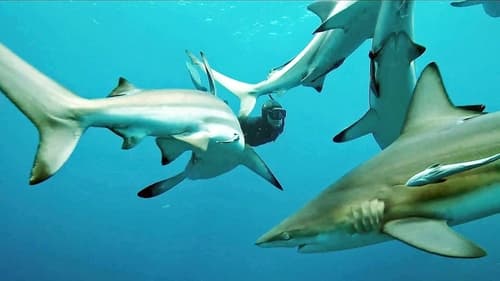
Revolution is a new movie from internationally-acclaimed filmmaker Rob Stewart. A follow-up to his award-winning documentary Sharkwater, this continues his remarkable journey of discovery to find out that what he thought was a shark problem is actually a people problem. As Stewart's battle to save sharks escalates, he uncovers grave dangers threatening not just sharks, but humanity. In an effort to uncover the truth and find the secret to saving our own species, Stewart embarks on a life-threatening adventure through 15 countries, over four years in the making. In the past four years the backdrop of ocean issues has changed completely. Saving sharks will be a pointless endeavor if we are losing everything else in the ocean, not just sharks. Burning fossil fuels is releasing carbon dioxide into the atmosphere; changing the oceans, changing atmospheric chemistry and altering our climate.
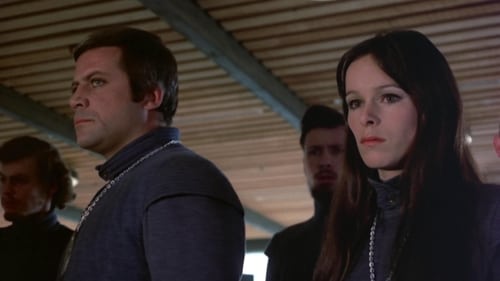
In the not too distant future, an overpopulated Earth government makes it illegal to have children for a generation. One couple, unsatisfied with their substitute robot baby, breaks the rules.

With a single abortion clinic remaining in the state of Mississippi, the city of Jackson has become ground zero in the nation's battle over reproductive health-care. Jackson is an intimate portrait of the interwoven lives of three women in this town. Wrought with the racial and religious undertones of the Deep South, the lives of two women are deeply affected by the director of the local pro-life crisis pregnancy center and the movement she represents.
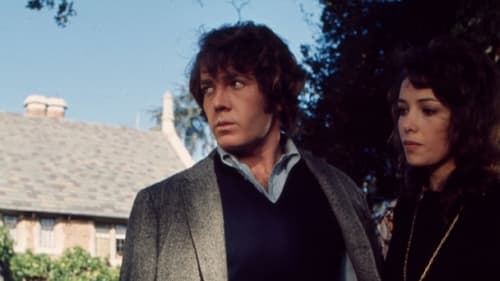
In a badly-overpopulated future, where each couple is only allowed one child and where people over 65 are forbidden medical care under a very draconian set of laws, a young couple, pregnant with their second child (the first died shortly after birth) enlist the help of an elderly former US Senator to help them escape to Canada.

A realist dramedy about dedicated social workers who devote their long shifts to helping pregnant women.

A short Disney film on what planning for a family is and how it works.

Frankie was recently diagnosed with HPV. After getting a follow-up cervical cancer screening, she tries to find connection as she goes about her day. It turns out not to be so easy.

Things aren't looking good for the world's population; as we multiply at an alarming rate there is not enough food, space... or sense. This intelligent film interweaves a fascinating 1960s rat experiment by Dr. John B. Calhoun with a slick snapshot of today's urban jungle.

The film twice states that it doesn't intend a moral injunction, but it clearly does with comments such as "our society... regards sexual intercourse outside marriage as irresponsible and possibly disastrous" and "you can use your knowledge with responsibility and real love or you can use it wantonly and with mere animal appetite". This is clearly marriage education not sex education.

This fascinating political look at a little-known chapter in women's history tells the story of "Jane", the Chicago-based women's health group who performed nearly 12,000 safe illegal abortions between 1969 and 1973 with no formal medical training. As Jane members describe finding feminism and clients describe finding Jane, archival footage and recreations mingle to depict how the repression of the early sixties and social movements of the late sixties influenced this unique group. Both vital knowledge and meditation on the process of empowerment, Jane: An Abortion Service showcases the importance of preserving women's knowledge in the face of revisionist history. JANE: AN ABORTION SERVICE was funded by the Independent Television Service (ITVS) with funds provided by the Corporation for Public Broadcasting.

At 56 years of age Mita Pantić (Nikola Simić) is still only a junior clerk in his company. Another typical workday for him is starting at 6 a.m. as frustration awaits at every turn from the moment he gets up. Trying to get ready to go to work, he can barely get a turn to use the bathroom in the crowded apartment. Other members of the household are not without their frustrations either, meaning that nagging and shouting are a staple of their home life at any time of day.


















